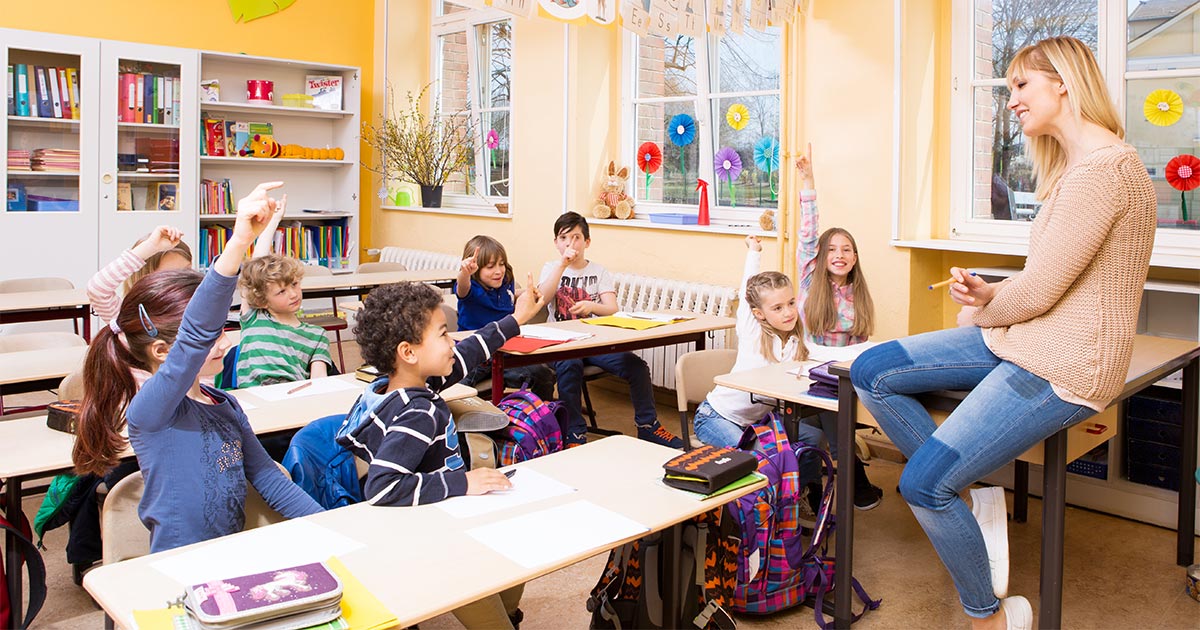
I taught public school for ten years, starting in a self-contained ELL 6th-grade middle school class, shifting to a dual-language, 5th-grade classroom, and ultimately spending the most time teaching 3rd-graders. And with a classroom of 20-40+ kids (yep, you read that last number correctly), inevitably the dynamics were such that someone stumbled upon having a bad day — including me.
When such a time arose, one of my go-to picture books was Judith Viorst’s Alexander and the Terrible, Horrible, No Good, Very Bad Day. I still have my flimsy paperback version that is well-thumbed. And no matter the age of my students, from 8 to 14, this tale resonated with all and would keep their attention no matter how many times we’d read it together. In choral chant, they would repeat, “It was a terrible, horrible, no good, very bad day,” as they shook their heads in unison, and frowned in a shared understanding that some days were just not-so-great!
Resilience is the ability to face tough times, work through them, and even learn from them. Yet while this flexibility and adaptability is not necessarily easy, it can be developed and strengthened. One way to build resilience in children is to model how, even as an adult, we work through such tough times. On a bad day, I would often be candid with my students, expressing how I felt and talking aloud about the ways I was going to persevere towards a better day. Even as an adult, I found solace in my students’ empathy. Plus, it seems to help my students better understand that we all go through tough times and that we don’t need to face such obstacles and challenges alone.
As you probably remember, Alexander and the Terrible, Horrible, No Good, Very Bad Day follows the mischievous yet developmentally on-par child, Alexander. Readers and listeners often relate and empathize with his ups and downs of daily childhood. My students would unconsciously nod, recognizing that being a child comes with daily responsibilities — waking up, going to school, running errands… the list goes on. And while we, as adults, often pooh-pooh those responsibilities in light of our “real world” to-dos and obligations (a.k.a., adulting), our kids are also learning how to face daily opportunities and daily struggles. Being a child isn’t always easy and, in fact, it can be quite exhausting at times.
This award-winning picture book provides a great opportunity to talk about emotions. For example, you could ask students, “How do you think Alexander felt when …
- his teacher didn’t like his picture?”
- he was accused of singing too loud?”
- he was demoted to third best friend status?”
- his dad said he didn’t want them to pick him up anymore?”
You can move beyond the basic emotion of “sadness” to discuss more abstract notions like feeling lonely, dismissed, anxious, hurt, singled out, frustrated, confused, envious, disappointed, discouraged, hopeless, etc. Alexander’s tale almost deserves a story arc that dips downward; while the conflicts build, they weigh him down more and more. He feels that the whole world is against him, every minute, every move. Yet he perseveres, mind you huffing and puffing a bit, as he emotes and reflects on what is causing his frustration. We all can relate to the fact that all he wants to do is to escape to Australia.
Part of building a strong sense of resilience is being able to acknowledge, reflect, and move on through the tough times, coming out stronger on the other side. The tale illustrates in basic black and white ink drawings, the magic behind the fact that tomorrow is a new day. Alexander personifies a true resilient spirit despite his monumental, overwhelming day. Ultimately, at the end of the story, Alexander finds his resolution (and is able to sleep soundly) because his mother acknowledges his feelings and lets him know that he is not alone, as…
some days are like that, even in Australia.
Darri Stephens is a former member of Teach for America and a seasoned educator, with more than 10 years’ experience in Los Angeles and New York City public schools. She’s a published author, who has also worked for education-focused media companies including Nickelodeon, IMAX, EdSurge, and Discovery Education. With master’s degrees in education from both Harvard and Stanford, she’s passionate about creative curriculum development that pushes boundaries, especially considering the influx of today’s technologies. Her most recent positions as Senior Director of Content at Common Sense and Director of Education at Wonder Workshop underscore her love of instructional design, writing, and the ever-changing edtech world — so much so that she has now founded her own content consulting agency, Darrow Ink.
